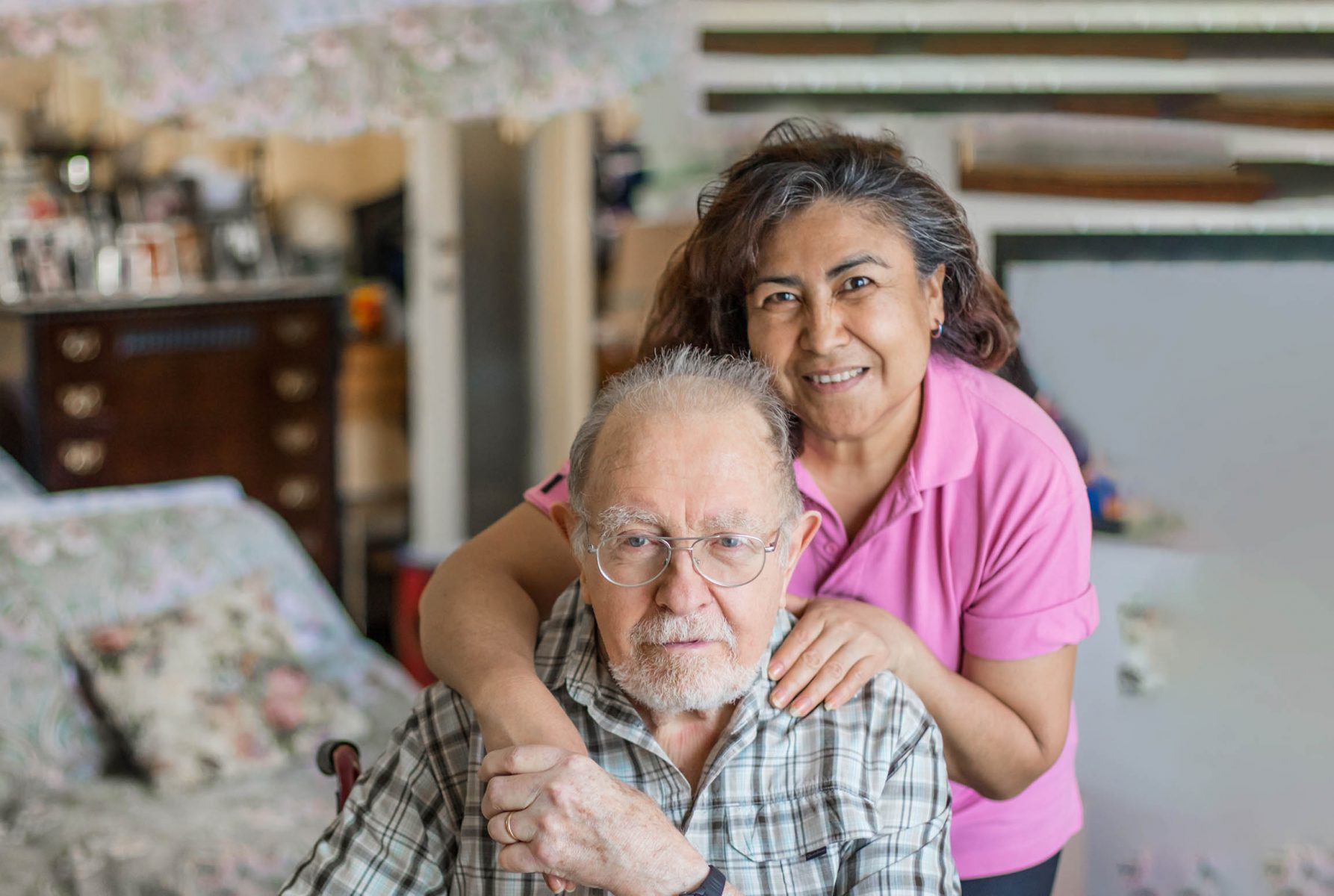
Taking care of a loved one can be rewarding, but it also involves many stressors. Caregiving is often a long-term challenge that can require years, if not decades, of emotional and physical requirements and commitments. If the stress of caregiving is left unchecked, it can take a toll on your health, relationships and mind—eventually leading to burnout, a state of emotional, mental, and physical exhaustion.
Recognizing the signs of caregiver burnout is essential to taking the necessary steps to improve the situation for both you and the person you’re caring for. According to Johns Hopkins Medicine, causes of caregiver burnout may include:
Emotional demands resulting from the care receivers’ condition. An extreme degree of physical and emotional care is needed. There is no way for you to make them “well.”
Conflicting demands. The care-receiver has needs, spouses have needs, children have needs and employers and co-workers have needs. You have needs. Trying to meet the needs of everyone creates conflict and stress.
Ambiguity of roles. Sometimes caregivers do not know specifically what their roles and responsibilities are in relation to others around them.
Workload. There’s too much to do.
Conflicting policies and procedures. These can prevent professional caregivers from doing what they believe is appropriate and family caregivers from receiving services they want and need.
Lack of privacy. There is no time to be alone. There may be a constant flow of people in and out of your home or your life assisting with some facet of caregiving.
This factor may, in turn, contribute to:
Lack of mastery. Feeling that you have no control or don’t have adequate skills or knowledge in caregiving.
Lack of autonomy. Feeling that you don’t have independence or “say so” in your life.
Failure to achieve goals. Feeling you can’t succeed or that you’re a failure.
When burnout reaches a critical level, it becomes evident in a caregiver’s life. Burnout can manifest itself in various ways, including:
- Depression
- Withdrawal
- Feelings of helplessness or hopelessness
- Negative emotions
- Physical fatigue
- Sleep deprivation or sleep disorders
- Abuse of care receiver(s)
- Neglect of care receiver(s)
- Personal health problems
- Lowered self-esteem
With these negative manifestations, no wonder caregivers are asked to be sure to take care of themselves, too. The Mayo Clinic suggests the following steps to help manage caregiver stress.
- Accept help. Create a list of ways others can assist you, and let the helper choose what they would like to do, such as take the person on a walk, run an errand or pick up groceries.
- Focus on what you can provide. No one is a “perfect” caregiver. Believe you are doing the best you can and making the best decisions you can at any given time.
- Set realistic goals. Break large tasks into smaller steps you can do one at a time. Prioritize, make lists, and establish a daily routine. Begin to say no to requests that are draining, such as hosting holiday meals.
- Get connected. Find out about caregiving resources in your community. Many communities have classes and caregiving services such as transportation, meal delivery or housekeeping that may be available.
- Join a support group. A support group can provide validation and encouragement and problem-solving strategies for difficult situations. People in support groups understand what you may be going through.
- Seek social support. Make an effort to stay well-connected with family and friends who can offer nonjudgmental emotional support. Set aside time each week for connecting, even if it’s just a walk with a friend.
- Set personal health goals. For example, set goals to establish a good sleep routine, find time to be physically active on most days of the week, eat a healthy diet and drink plenty of water.
It can also be common for families to feel guilty about seeking outside help, but it can often be more beneficial for both the caregiver and the loved one in need of care. Not only can it vastly reduce stress and provide peace of mind, but it can also improve outcomes and quality of care.
Wesley’s signature Catered Living program offers flexible, personalized care coordination with medical providers, medication management, diabetic support and general personal care. Wesley communities also provide a secure, assisted living memory care program with licensed, 24-hour nursing care, now available at Wesley at Tehaleh.
For those who wish to stay at home, Wesley Health & Home Care offers in-home care assistance. We bring you the services you need at home, from nursing to rehabilitation therapy.
Contact us today, and let’s begin the conversation on how we can help you and your family!
"*" indicates required fields
Contact us today, and let’s begin the conversation on how we can help you and your family!